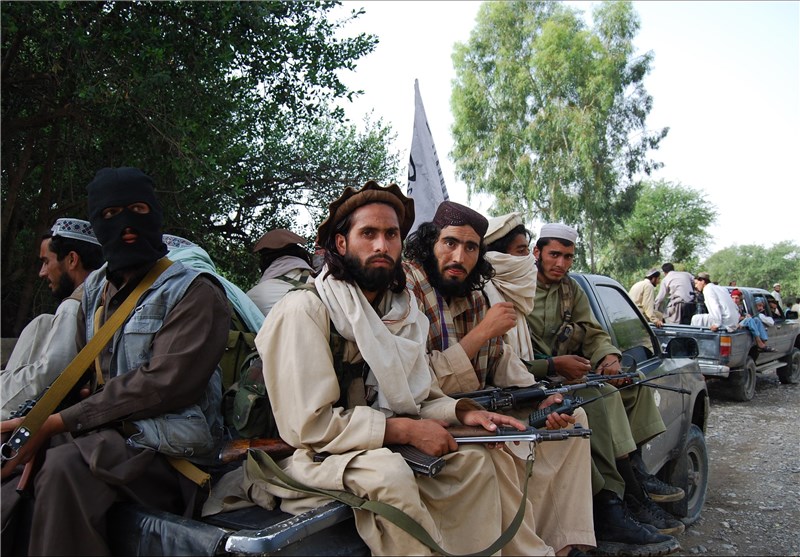RASC News Agency: The United Nations Security Council, in its latest report, states that terrorist organizations regard Afghanistan as a sanctuary. The Taliban’s leniency towards these groups has facilitated the spread of terrorism to neighboring countries. The report highlights that the Taliban supports terrorist organizations, noting that their inability to control these groups has revitalized both Al-Qaeda and ISIS. Al-Qaeda has clandestinely reestablished its bases in five provinces, including Kabul and Nangarhar.
Furthermore, the report details that Al-Qaeda remains strategically patient and collaborates with other terrorist groups. It also mentions that ISIS aims to escalate its attacks on Central Asia and has infiltrated various levels of the Taliban’s security apparatus. According to the report, 61 senior Taliban members, including cabinet officials, are on the UN Security Council’s sanctions list. The decision-making power within the Taliban regime is predominantly held by Pashtun members. The leadership’s approach towards ISIS and Al-Qaeda is not uniform; Salafi members of the Taliban sympathize with ISIS, and the Taliban pays off Tehrik-i-Taliban Pakistan (TTP) to prevent their defection to ISIS.
The Taliban continues to pursue its theocratic policies, rejecting the demands of the Afghanistani populace and the international community. Their governance style closely mirrors that of Mullah Omar, the former Taliban leader. The 26-page report emphasizes that the Taliban’s leadership is mainly Pashtun and remains non-inclusive. It highlights that over the past year, Afghanistan has witnessed the widespread imposition of the Taliban’s policies and ideology, which have a more limited definition of Pashtun identity.
Despite internal ethnic and factional tensions, Hibatullah Akhundzada has maintained his power, compelling the interior and defense ministers to comply with his directives. The report also notes that Hibatullah’s decrees on banning poppy cultivation in Badakhshan have been ignored as he attempts to solidify his position in the north and control non-Pashtun Taliban factions. Internal Taliban conflicts in Badakhshan have heightened the group’s concerns about increasing insecurity in the province. Consequently, the repositioning of Taliban officials in Badakhshan, Takhar, and Baghlan aims to bolster Kandahar’s influence.
Despite suppressing internal protests in Badakhshan, the Taliban’s rule in the province faces threats and internal dissent, which could challenge the region’s security. The report asserts that the Taliban and Al-Qaeda maintain close ties. This contradicts the Taliban’s frequent denials of ISIS’s presence in Afghanistan and their claims that no terrorist groups are active in the country.






